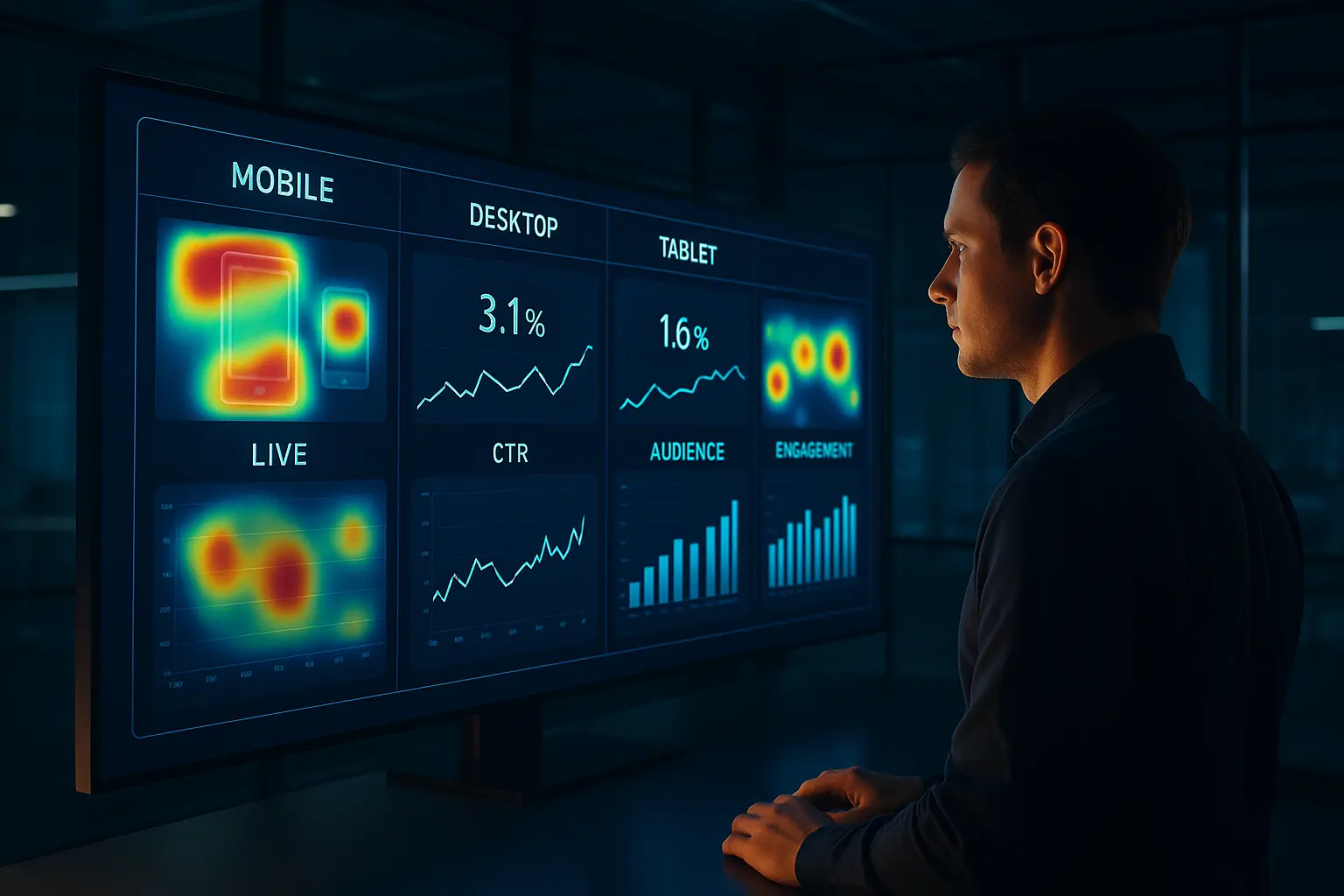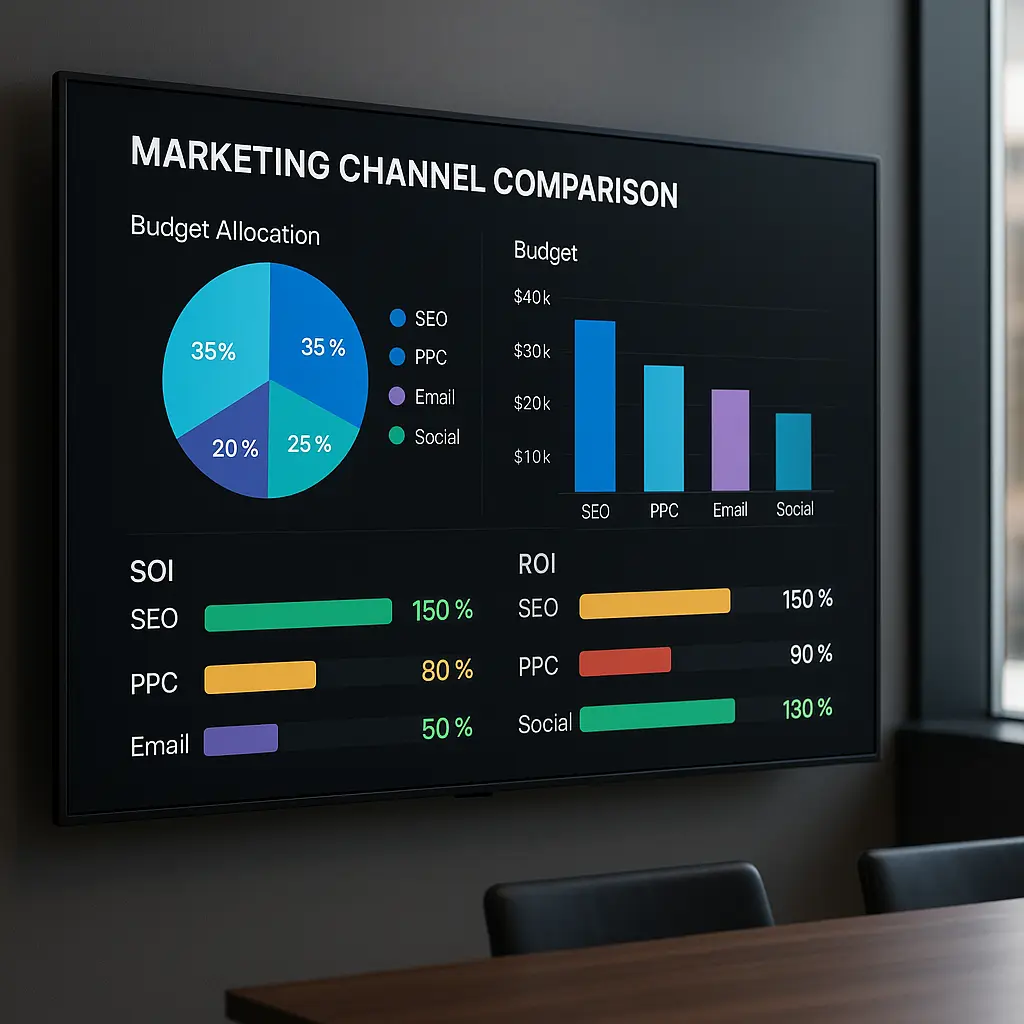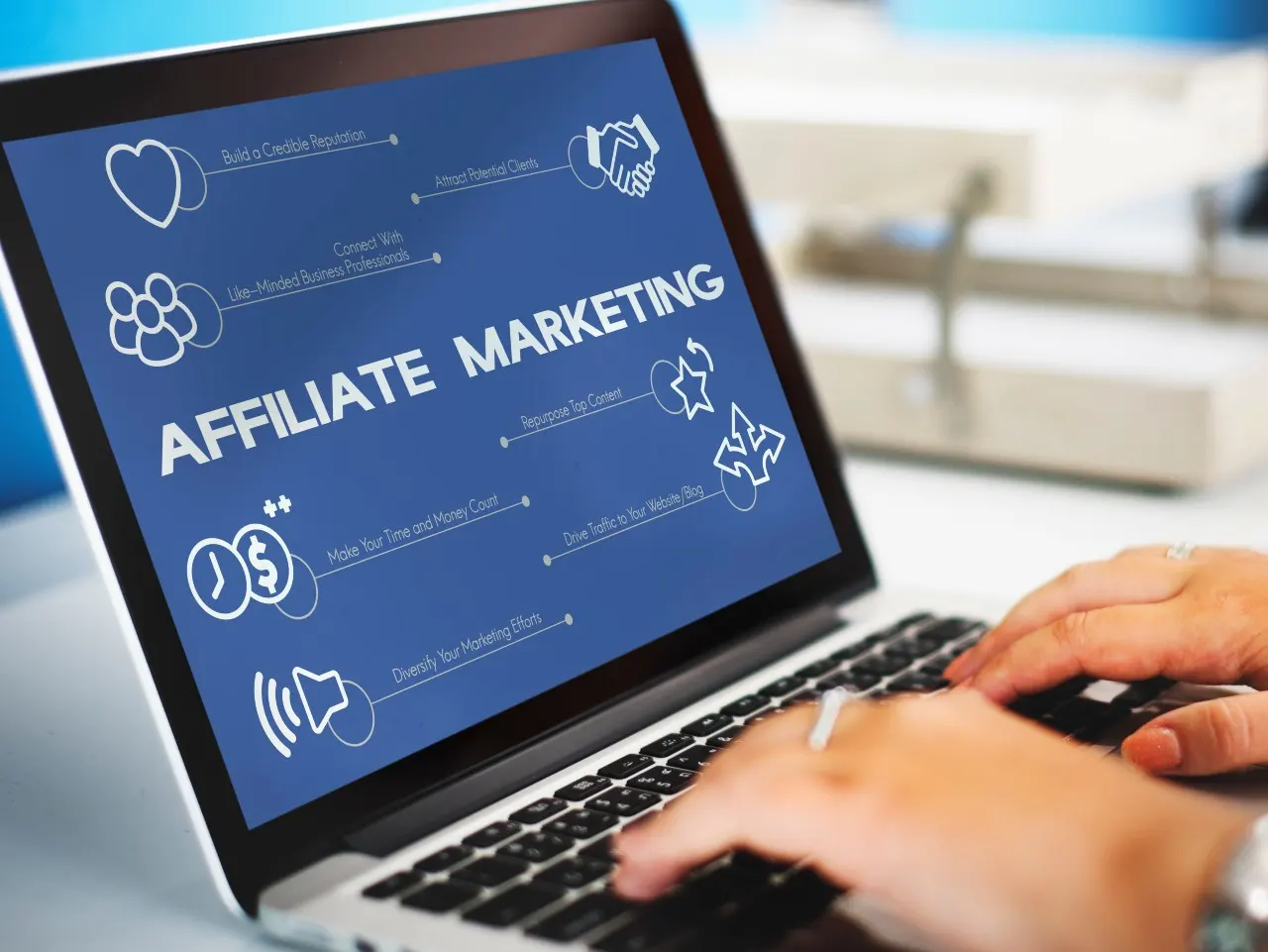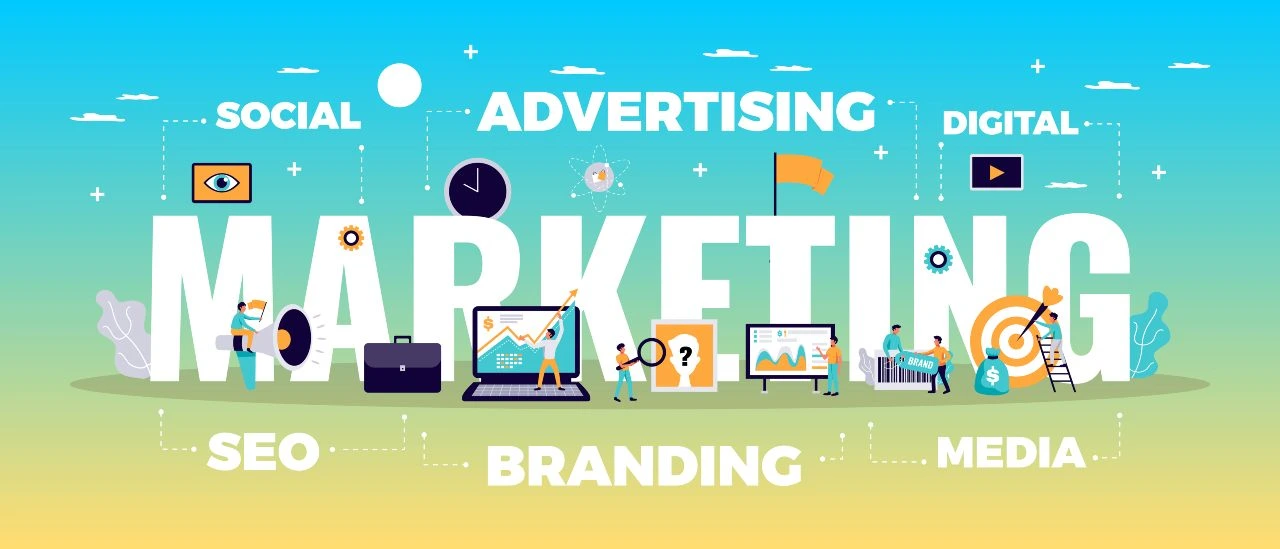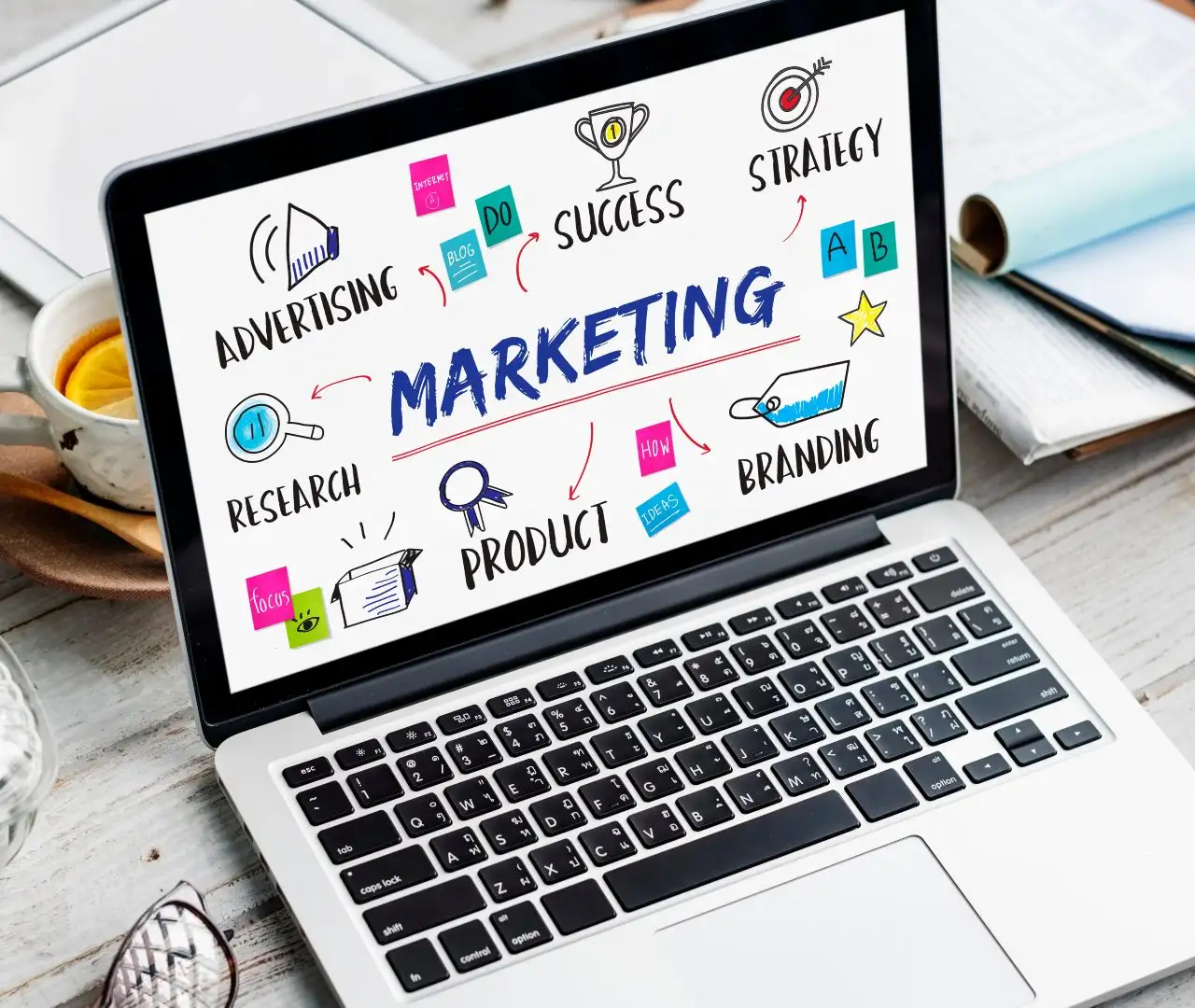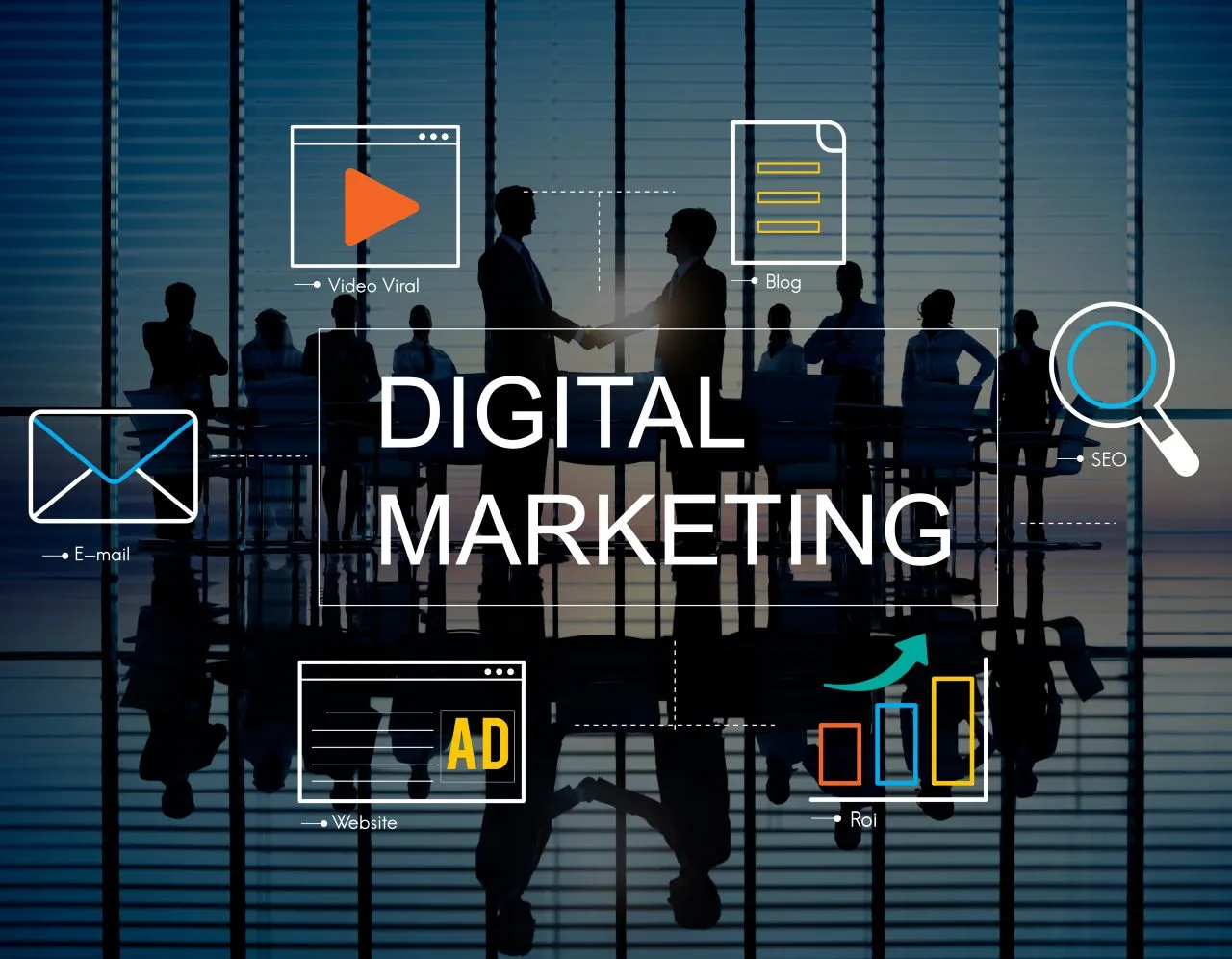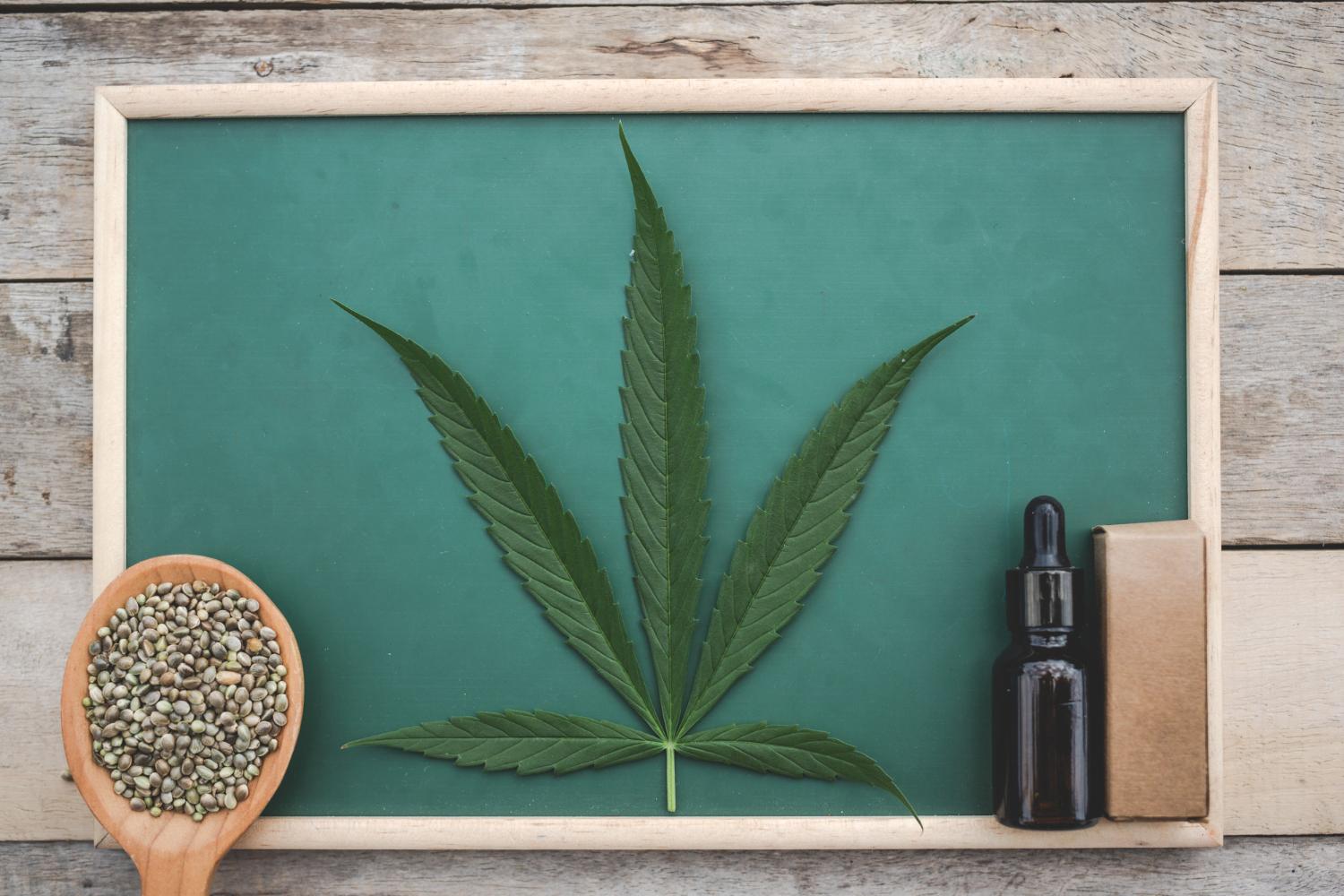Listen to article
In today’s data-driven world, understanding marketing ROI is more critical than ever for B2B businesses. With budgets under constant scrutiny, marketers need to justify every dollar spent and demonstrate tangible results. But with shifting buyer behaviors and an increasingly complex marketing landscape, achieving—and proving—a strong return on investment can feel like an uphill battle.
Emerging marketing strategies, such as AI and Account-Based Marketing (ABM), combined with content marketing and marketing automation can provide an edge in today’s competitive landscape. Let’s delve into the latest marketing ROI statistics, explore effective budget allocation strategies, and uncover key insights to help you make informed decisions and optimize your marketing performance.
Harnessing the Potential of AI: From Investment to Impact
The infusion of artificial intelligence into marketing strategies is more than just a passing trend—it’s an undeniable industry transformation. The exponential growth in AI investment and adoption reflects its ability to meet the increasing demands for efficiency, precision, and scalability in modern marketing. As businesses gravitate toward data-driven solutions, embracing AI isn’t just about keeping up—it’s about gaining a strategic edge.
- The global AI market is projected to soar to $184 billion in 2024, up from $142.3 billion in 2023. Source
- The industry is growing at a remarkable compound annual growth rate (CAGR) of 36.6% from 2024 to 2030, driven by the rapid adoption of AI solutions. Source
- Investment in generative AI skyrocketed to $25.2 billion in 2023—nearly nine times the amount invested in 2022. Source
- The market for AI writing assistant software, valued at $1.7 billion in 2023, is forecasted to grow at a CAGR of over 25% through 2032, highlighting the growing demand for content automation. Source
- 70% of marketers say that using AI tools has made their work easier, streamlining time-intensive processes. Source
- Over two-thirds of marketers report that AI tools either meet or exceed expectations, with 19% saying AI surpasses their expectations and 50% stating it meets them. Source
Key Takeaway
What these numbers reveal is nothing short of revolutionary. AI is no longer a “nice-to-have” technology; it’s becoming integral for marketing teams seeking to drive better ROI while operating at scale. From generative AI to predictive analytics, these tools don’t just automate tasks—they empower businesses to make smarter, faster, and more informed decisions. As the adoption of AI accelerates, marketers who lean into its capabilities now will cement their competitive advantage in the years to come.
Pro Tip:
Don’t just deploy AI for automation—use it to unlock insights. Look for platforms that offer actionable analytics, enhanced personalization, and predictive models to take your marketing strategy to the next level. The biggest ROI comes from building AI into the heart of your decision-making processes, not just as a supporting tool.
Strategic Investments in AI, ABM, and Chatbots for Enhanced Marketing ROI
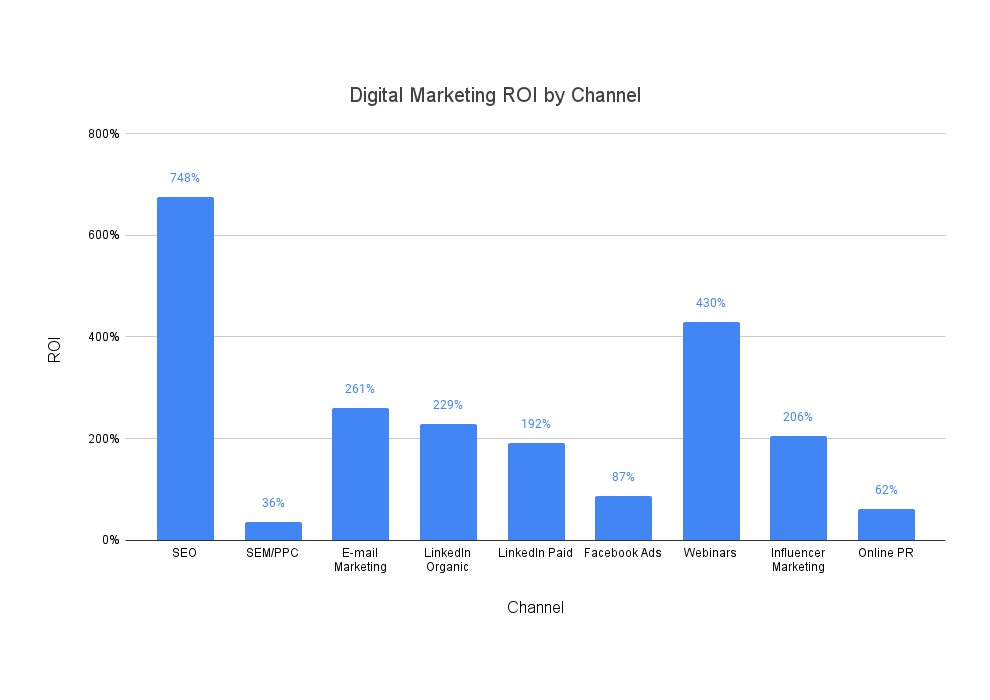
Source: FirstPageSage
Emerging marketing strategies like AI and Account-Based Marketing (ABM), and chatbots are gaining traction, with companies allocating significant portions of their budgets to these innovative approaches. These statistics highlight the growing importance of these tactics in the modern marketing landscape and the potential for increased marketing ROI.
- On average, 29% of marketing budgets are being directed towards Account-Based Marketing (ABM) efforts. Source
- A notable 68% of businesses that utilize AI tools have reported an increase in their content marketing ROI. Source
- Approximately 34.1% of marketers have observed significant improvements in their marketing outcomes as a direct result of implementing AI. Source
- AI tools have helped 65% of marketers achieve either a significant or moderate improvement in their SEO performance. Source
- In 2025, ABM is expected to advance by incorporating hyper-personalized content, enhancing integration between sales, service, and product teams, and utilizing improved analytics tools to monitor success, all aimed at driving stronger engagement and conversions. Source
The increasing investment in AI, ABM and Chatbots reflects a strategic shift towards more targeted and data-driven marketing approaches. By leveraging AI for campaign optimization, ABM for high-value accounts, and chatbots for lead generation, marketers are aiming to improve efficiency and ROI.
Pro Tip:
Start by piloting AI and ABM in specific areas of your marketing strategy before scaling up your investment to ensure a successful implementation. Also, integrate chatbots into your website and marketing campaigns to streamline lead generation and improve customer engagement.
For businesses navigating these evolving tactics, adopting a B2B website strategy can further amplify marketing ROI by aligning digital assets with overarching goals.
Content Marketing Budget Allocation and ROI in B2B Organizations
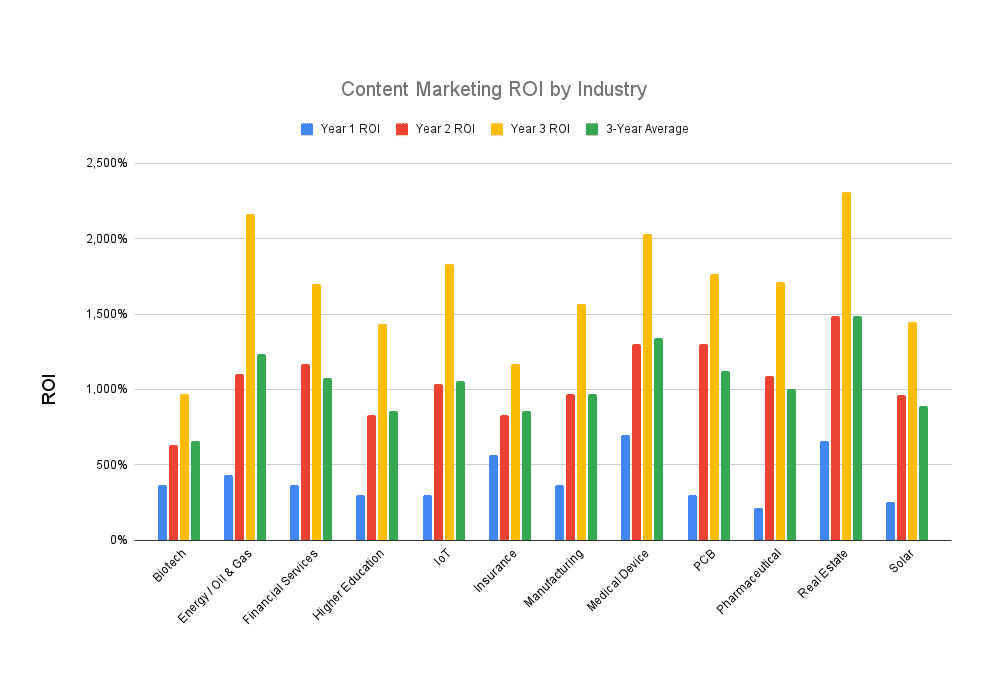
Source: FirstPageSage
Understanding how B2B organizations allocate their marketing budgets to content marketing is crucial for maximizing ROI. The percentage of budget dedicated to content marketing can vary significantly based on the organization’s success and maturity level. Furthermore, blogging remains a cornerstone of content marketing, particularly for B2B organizations. It drives traffic, enhances inbound links, and boosts overall online presence.
-
- The most successful B2B organizations dedicate a substantial 40% of their total marketing budget (excluding staff costs) to content marketing. Source
- In contrast, less successful B2B organizations allocate only 14% of their marketing budget to content marketing. Source
- B2B organizations in the sophisticated/mature phase of content marketing allocate approximately 33% of their total marketing budget to content marketing efforts. Source
- Organizations in the adolescent phase of content marketing dedicate around 25% of their marketing budget to content, while those in the young/first steps phase spend about 19%. Source
- A significant 46% of B2B marketers anticipate their content marketing budget will remain consistent over the next 12 months, while 38% are forecasting an increase. Source
- According to a CMI study, 45% of B2B companies intend to increase their content marketing spend in the upcoming year, while 42% plan to maintain their current budget levels. Source
- Blogging is considered the most valuable form of content by 59% of B2B marketers. Source
- Companies that maintain a blog experience significant benefits, including 55% more website visitors. Source
- These companies also see a 97% increase in inbound links. Source
- They also benefit from a 434% increase in indexed pages on search engines. Source
- Creating blog content is a top inbound marketing priority for 53% of marketers. Source
Key Takeaway
These statistics highlight the importance of allocating a significant portion of the marketing budget to content marketing, especially for B2B organizations aiming for success. The maturity level of an organization’s content marketing efforts directly influences the budget allocation. Blogging is a high-impact strategy for B2B marketers looking to boost their online visibility and generate inbound leads.
Pro Tip:
Regularly assess your content marketing maturity and adjust your budget accordingly to stay competitive and achieve optimal ROI. Focus on creating high-quality, informative blog content that addresses your target audience’s needs and interests to maximize engagement and results.
Content Marketing Maturity and Measurement Challenges in B2B
While many B2B organizations invest in content marketing, only a small fraction have reached a sophisticated level of maturity in their approach. This maturity is defined by the ability to accurately measure results and scale content marketing efforts across the organization. Understanding the effectiveness of different content formats and distribution channels is crucial for maximizing ROI.
- Only 9% of B2B marketers consider their content marketing maturity level as sophisticated, characterized by accurate measurement and scalability across the organization. Source
- 47% of B2B marketers find measuring the results of their content marketing efforts challenging. Source
- Email (93%) and social media (92%) are the top two channels B2B marketers use to distribute content, followed by blogs (79%), in-person events (56%), and webinars/webcasts/virtual events (55%). Source
- B2B organizations that are most successful at content marketing use an average of five formats to distribute content, compared to four formats used by less successful organizations. Source
Key Takeaway
The low percentage of B2B marketers who consider their content marketing efforts as sophisticated highlights a significant opportunity for improvement. Many organizations struggle with accurately measuring the impact of their content and scaling their efforts effectively. To improve content marketing ROI, B2B marketers should prioritize creating high-quality video content, optimize their distribution strategy by leveraging multiple channels, and focus on creating content that drives specific actions.
Pro Tip:
Invest in analytics tools and training to enhance your ability to measure content performance and identify areas for optimization.
Strategic Shifts in B2B Marketing Budgets for 2024 and Beyond
In the fast-paced world of B2B marketing, staying attuned to budget allocation trends is more than just a numbers game—it’s an essential part of staying competitive. As customer expectations grow alongside the complexity of marketing tools, it’s becoming clear which strategies are deemed essential and how leaders justify those investments to drive revenue. What’s particularly striking in 2024 is the push toward balancing acquisition efforts with retention strategies while prioritizing brand-building and customer-centric enhancements.
- B2B companies allocate an average of 9.7% of their total budget to marketing activities. Source
- A significant 56% of B2B marketers plan to increase their spending on social media platforms. Source
- 40% of B2B marketers intend to boost their investment in paid search strategies. Source
- 40% of B2B marketers are also planning to increase their budget for email marketing initiatives. Source
- An impressive 90% of B2B marketing leaders believe their marketing budget aligns well with their company’s revenue and growth objectives. Source
- B2B marketers are prioritizing advertising, allocating 19% of their budget to it, followed by content (17%), tools and technology (16%), and personnel (12%). Source
- Advertising and content marketing remain key investment priorities, with 19% of the budget directed to advertising and 17% to content marketing, signaling a sustained dedication to these areas into 2025. Source
Key Takeaway
The dominance of investments in advertising, content, and technology suggests that B2B marketers are laser-focused on creating scalable, efficient, and engaging campaigns that deliver measurable results. Beyond the numbers, there’s a clear narrative unfolding: a shift toward aligning short-term visibility tactics (like paid search and social media) with long-term strategies such as brand-building and customer experience. The 60/40 split between customer acquisition and retention also reflects growing recognition of the importance of lifetime value and loyalty in sustaining growth.
Pro Tip:
To maximize digital marketing ROI, consider adopting an agile budgeting model that allows for reallocation of funds based on emerging trends and campaign performance. Tools like marketing dashboards and software integrations can offer real-time insights, empowering you to make data-backed decisions for optimal resource allocation.
Channel ROI: Email Marketing and Diversification
Understanding the effectiveness of different marketing channels is crucial for optimizing ROI. B2B marketers are constantly evaluating which platforms and strategies deliver the best results. Diversifying beyond traditional channels can also unlock significant potential. Email marketing remains a core strategy for many businesses. Understanding how budgets are allocated to email marketing and the ROI it generates can provide valuable insights for optimizing your own spending.
- On average, email marketing budgets constitute 7.8% of a business’s total marketing expenditure. Source
- An overwhelming majority, 87% of marketers, intend to either increase or maintain their current email marketing budget levels. Source
These statistics highlight the continued importance of email marketing in the overall marketing mix. With a significant portion of marketers planning to maintain or increase their investment, it’s clear that email remains a valuable channel for driving engagement and conversions. B2B marketers should prioritize channels that offer the best ROI, such as email marketing and SEO services. Diversifying into platforms like WhatsApp can also provide a competitive edge.
Pro Tip:
Regularly assess your email marketing & automation performance metrics and adjust your budget allocation accordingly to maximize ROI. Regularly analyze your channel performance to identify areas for improvement and optimization.
The Challenge of Demonstrating Marketing ROI
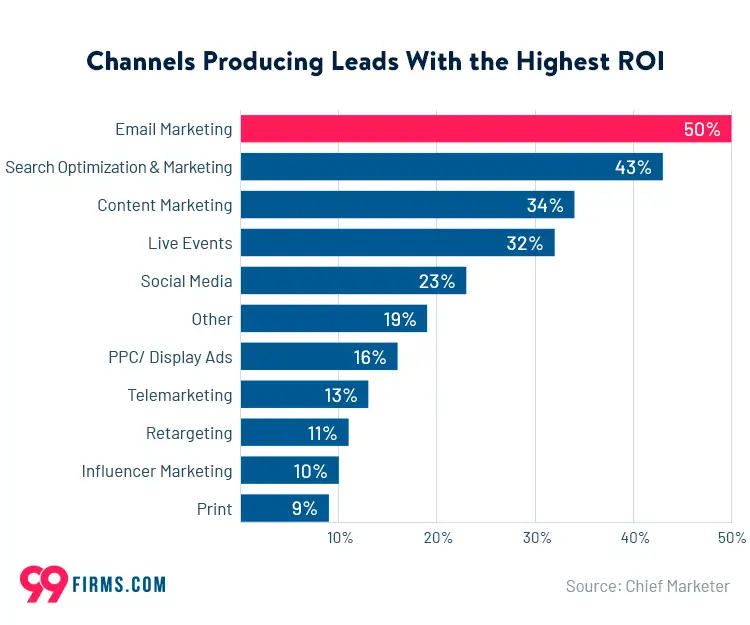
Source: 99firms
Despite increasing budgets, demonstrating marketing ROI remains a significant hurdle for many B2B marketers. Several factors contribute to this challenge, including difficulties in attribution, tracking customer journeys, and aligning marketing performance with overall business objectives. Overcoming these obstacles is crucial for securing budget and demonstrating the value of marketing efforts.
- 85% of B2B marketers find it challenging to link marketing performance with tangible business outcomes. Source
- Generating traffic and leads is a major inbound marketing challenge for 61% of marketers. Source
- 39% of marketers report that proving the ROI of marketing activities is a top challenge in inbound marketing. Source
- Securing enough budget is a significant challenge for 27% of marketers. Source
- 56% of B2B marketers struggle with attributing ROI to their content marketing efforts. Source
- Tracking customer journeys poses a challenge for 56% of B2B marketers. Source
- 44% of marketers face difficulties in tying marketing performance to overall business goals. Source
- 41% report that insufficient resources or budget hinder their ability to measure ROI effectively. Source
- 39% struggle due to a lack of clear marketing goals or KPIs. Source
Key Takeaway
Demonstrating marketing ROI is a multifaceted challenge, with a majority of B2B marketers struggling to connect marketing performance to business outcomes. Addressing these challenges requires a combination of better strategies, clearer goals, and adequate resources. Marketers should focus on refining their measurement techniques and aligning their efforts with overall business objectives to improve ROI attribution and secure necessary budget.
Shifting Strategies to Meet the Demands of Today’s Scrutinizing B2B Buyers
B2B purchasing decisions are no longer straightforward transactions. Today’s buyers are taking a more cautious and collaborative approach, involving larger teams, extensive research, and deeper ROI evaluations before making a commitment. For marketers, this means the old playbook won’t cut it—success now comes from anticipating these evolving dynamics and delivering transparency, value, and tailored experiences that speak directly to these demands.
- According to Demand Generation’s 2024 B2B Buyer Behavior Benchmark Survey, 26% of buyers are involving more people in the decision-making process, and 44% are conducting more detailed ROI analyses. Source, Source
- 34% of buyers reported spending more time researching purchase decisions, while another 34% experienced delays due to budget freezes, with 25% less budget than the previous year. Source
- 86% of buyers consider visible pricing information a key factor when evaluating vendors, making transparency a critical part of the modern sales process. Source
Key Takeaay
The key takeaway for marketers? Buyers are investing more time, more stakeholders, and more scrutiny into their processes. To maximize ROI, your strategy must align with this reality—make pricing and ROI details prominent, and provide well-researched, tailored content that satisfies both the individual buyer and the larger decision-making group. Businesses that adapt to this multi-layered approach are more likely to win both trust and budget.
Pro Tip:
Equip your sales and marketing teams with tools and insights to foster collaboration. Use data-driven buyer personas to craft campaigns that support the entire decision-making committee, and lean on automation platforms to deliver tailored, trackable resources that demonstrate the measurable value of your solution. For small businesses, this could mean exploring more efficient digital marketing strategies for small businesses to align your outreach with limited budgets.
Conclusion
The evolving marketing landscape highlights one undeniable fact: data-driven decisions and strategic investments are the keys to maximizing your marketing ROI. From the rise of AI innovation to the growing emphasis on content maturity, the statistics shared in this article underline trends that are reshaping the way businesses allocate resources and measure success. Whether it’s leveraging AI for personalized campaigns, doubling down on high-impact content like video and blogging, or integrating automation to streamline operations, the opportunities to optimize ROI are vast.
However, the complexity of tracking ROI and aligning it with business goals remains a hurdle for many. To overcome this, businesses need to focus on sophisticated measurement tools, clear KPIs, and the flexibility to pivot strategies as buyer behaviors evolve. By adopting a proactive approach, marketers can not only justify their budgets but also unlock sustainable growth.
Ready to boost your traffic and grow your website? Your customers are looking for you, and our SEO services can help you be found across search engines. Let’s optimize your marketing efforts and turn insights into measurable outcomes! Contact us now!
About Marketing ROI Benchmarks: Which Tactics Justify Their Budget
This guide was written by the Scopic Studios team and reviewed by Araksya Hakobjanyan, SEO Lead at Scopic Studios.
Scopic Studios delivers exceptional and engaging content rooted in our expertise across marketing and creative services. Our team of talented writers and digital experts excel in transforming intricate concepts into captivating narratives tailored for diverse industries. We’re passionate about crafting content that not only resonates but also drives value across all digital platforms.
Note: This feature blog’s image are sourced from Freepik.






































































































